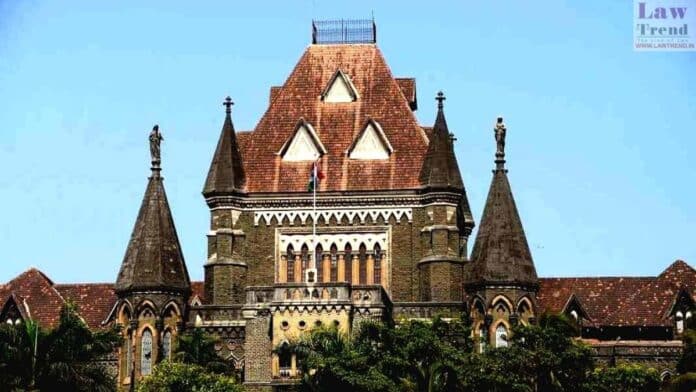In a landmark decision on Monday, the Bombay High Court ruled that a wedding reception cannot be considered part of the marriage ceremony. This significant judgment came in response to a divorce dispute, setting a precedent that may impact future marital jurisdiction cases.
The court declared that holding a reception at a location different from where the marriage took place does not grant a family court the jurisdiction to adjudicate marital disputes originating from that reception location. Justice Rajesh Patil, presiding over the single-judge bench, clarified, “In my view, there can be no doubt that the wedding reception is not a part of the marriage ritual.”
This ruling came after a 38-year-old woman challenged an order from the Bandra family court which was initially against her. The couple had been married in June 2015 in Jodhpur under Hindu traditions and hosted their reception four days later in Mumbai. Shortly after, they lived at the husband’s parents’ home in Mumbai for about ten days before moving to the United States, where they have been working.

After nearly four years of marriage, they started living separately from October 2019. The husband filed for divorce in Bandra’s family court in August 2020, citing cruelty. Four months later, the wife initiated divorce proceedings in the United States.
In August 2021, the wife filed a petition in Bandra, questioning the local court’s jurisdiction over her estranged husband’s divorce petition based on Section 19 of the Hindu Marriage Act, 1955. This section stipulates that a divorce petition can only be presented at the family court/district court where the marriage was solemnized, where the defendant resides, or where the couple last lived together.
Her lawyer argued that the Mumbai court was not the right venue for hearing the divorce case as the city’s reception could not be deemed part of the marriage rituals. They highlighted that the couple only stayed in the city for four days post-reception, then moved to the U.S., where both were residing at the time of filing for divorce.
Also Read
Justice Patil accepted this argument, stating that the family court in Mumbai did not have jurisdiction to decide on the divorce petition. “My opinion is that the couple’s last residence will be considered the U.S., not Mumbai, where they spent less than ten days immediately after their marriage,” he remarked. The court also rejected the husband’s argument that Mumbai should be considered the place where they “last lived together” because their marital home was there, technically.







